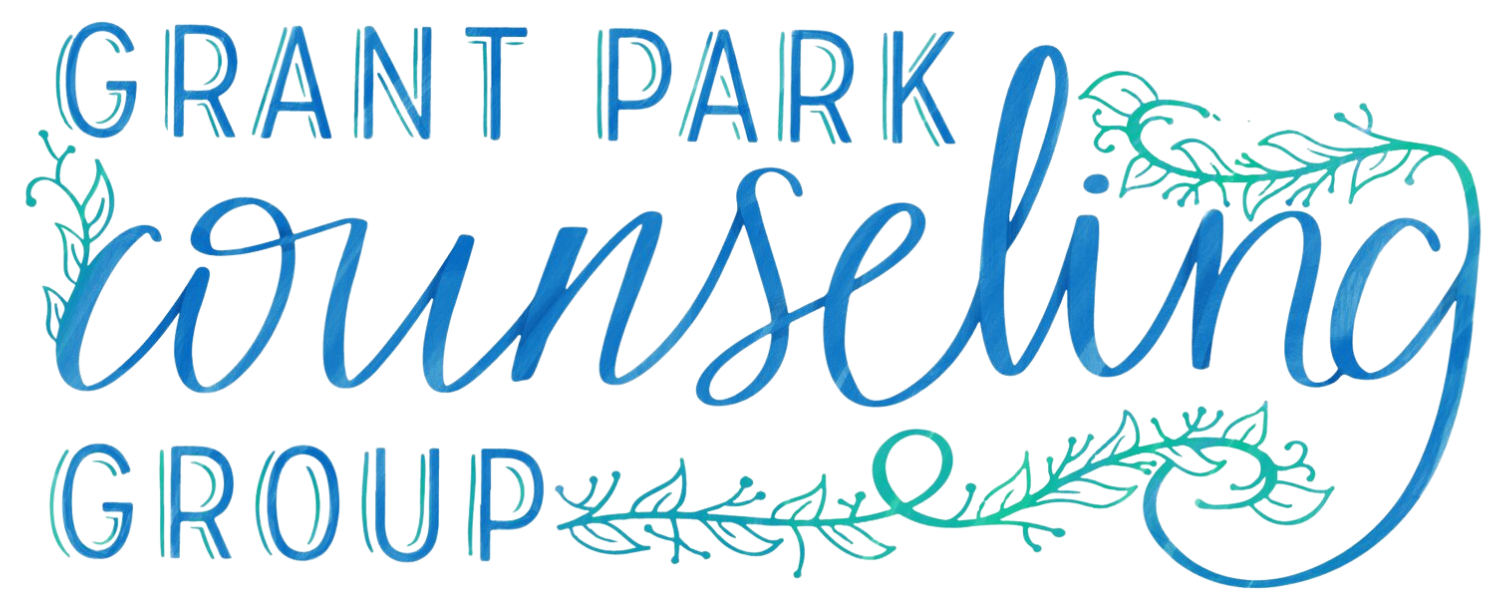Understanding Counseling Versus Therapy: Exploring the Role of an Atlanta-based Counseling Collective
When it comes to mental health support, terms like counseling and therapy are often used interchangeably, leading to confusion about their meanings and the professionals who provide these services. At Grant Park Counseling Group (GPCG), we believe in demystifying these terms and providing clarity on the diverse range of therapists available to support you on your mental health journey.
Are Counseling and Therapy the Same Thing?
While counseling and therapy share the common goal of addressing mental health concerns and fostering personal growth, there are nuanced differences between the two.
Counseling typically focuses on specific issues or life transitions, such as relationship problems, grief, or career changes. It often involves short-term, solution-focused interventions aimed at helping individuals cope with immediate challenges.
Therapy, on the other hand, tends to delve deeper into underlying emotional issues and patterns of behavior. It may be more long-term with a focus on exploring past experiences to promote healing and personal transformation.
Understanding the Different Types of Therapists/Counselors
At GPCG, we are proud to offer a diverse team of mental health professionals, each with unique training and expertise. Here's a breakdown of the titles you may encounter when seeking counseling or therapy at our practice:
LCSW (Licensed Clinical Social Worker):
LCSWs have a master's degree in social work and are licensed to diagnose and treat mental health disorders. They often provide a holistic approach to therapy, addressing social, environmental, and psychological factors.
LPC (Licensed Professional Counselor):
LPCs hold a master's degree in counseling or a related field and are licensed to provide counseling services. They offer support for a wide range of mental health concerns and often utilize evidence-based techniques in their practice.
M.A. Therapist (Master of Arts Therapist):
M.A. Therapists have a master's degree in a specific therapeutic modality, such as marriage and family therapy or art therapy. They incorporate creative techniques into their work to facilitate healing and self-expression.
LAPC (Licensed Associate Professional Counselor):
LAPCs are in the process of obtaining full licensure as professional counselors. Under supervision, they provide counseling services and work towards meeting the requirements for licensure.
NCC (National Certified Counselor):
NCCs have met national standards for counseling practice and hold a master's degree in counseling or a related field. They demonstrate competence in counseling through rigorous examination and ongoing professional development.
Therapists with a master's degree in counseling or a related field may hold the title of MA. They offer counseling services under the supervision of a licensed professional.
CTGM (Certified TeleMental Health Provider):
CTGMs are trained to provide mental health services via telecommunication technologies, ensuring accessibility and convenience for clients.
CALC (Certified Advanced Life Coach):
CALCs specialize in life coaching, helping clients set and achieve personal and professional goals.
CMHC (Clinical Mental Health Counseling) Pre-licensed Professional:
These individuals are completing their graduate training in clinical mental health counseling and gaining supervised experience in preparation for licensure.
Counseling psychology interns are graduate students completing supervised training in counseling psychology as part of their degree requirements.
CMHC Intern (Clinical Mental Health Counseling Intern):
CMHC interns are completing supervised clinical experience in preparation for licensure as clinical mental health counselors.
The Benefits of Choosing a Counseling Group with Diverse Options
By offering a wide range of therapist options, including therapists/counselors in training, GPCG ensures that clients can find a provider who meets their unique needs and preferences. Providers in training often offer more affordable rates, starting at $35 per session, making quality mental health care accessible to individuals with varying financial resources.
Additionally, working with a counseling collective like GPCG provides access to a wealth of expertise and perspectives. Clients can benefit from the collaboration and consultation among therapists, leading to more comprehensive and effective treatment outcomes.
Whether you're seeking short-term counseling to navigate a specific challenge or long-term therapy to explore deeper issues, Grant Park Counseling Group is here to support you every step of the way. Contact us today to learn more and schedule your first (free) appointment with one of our experienced therapists.
